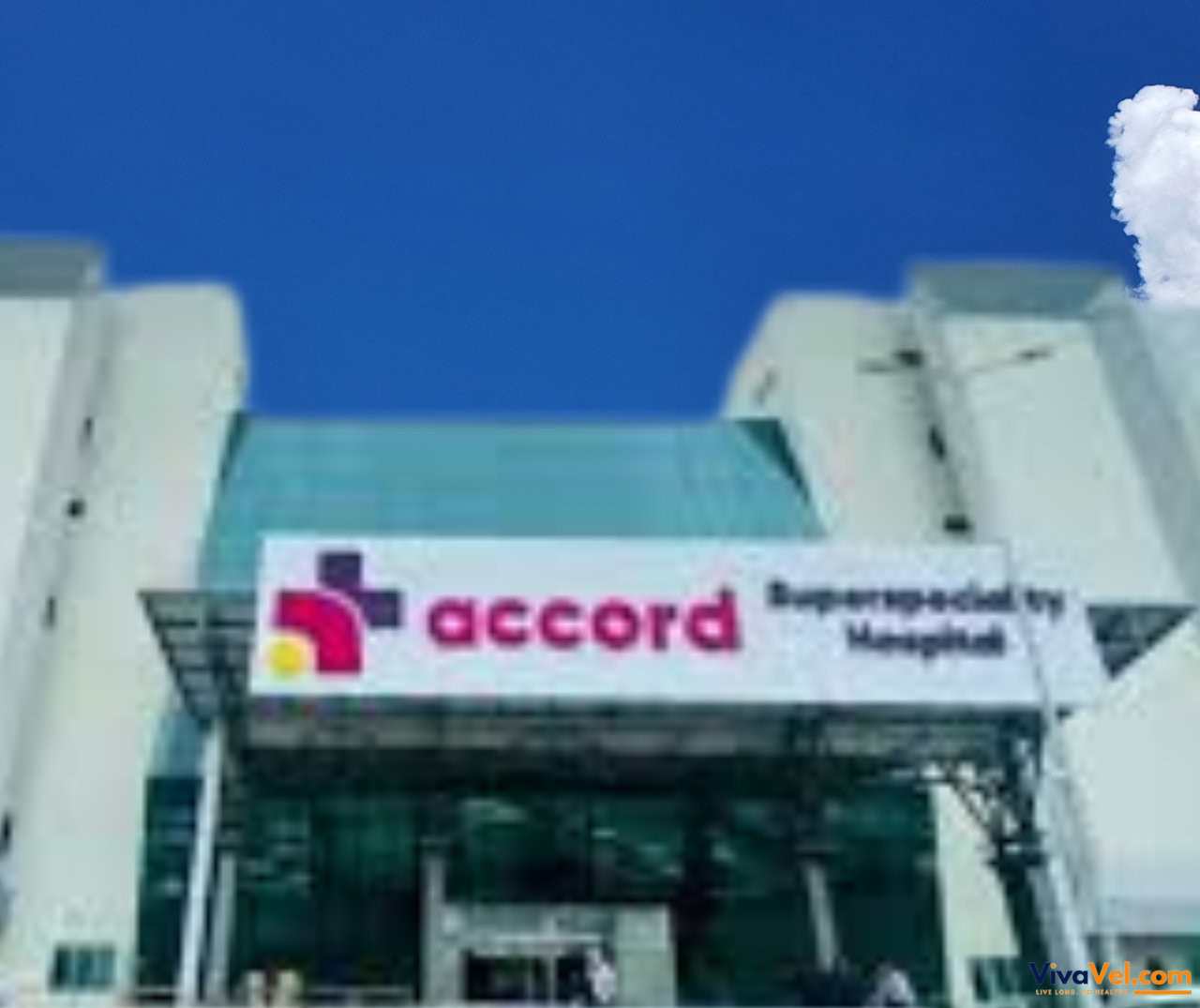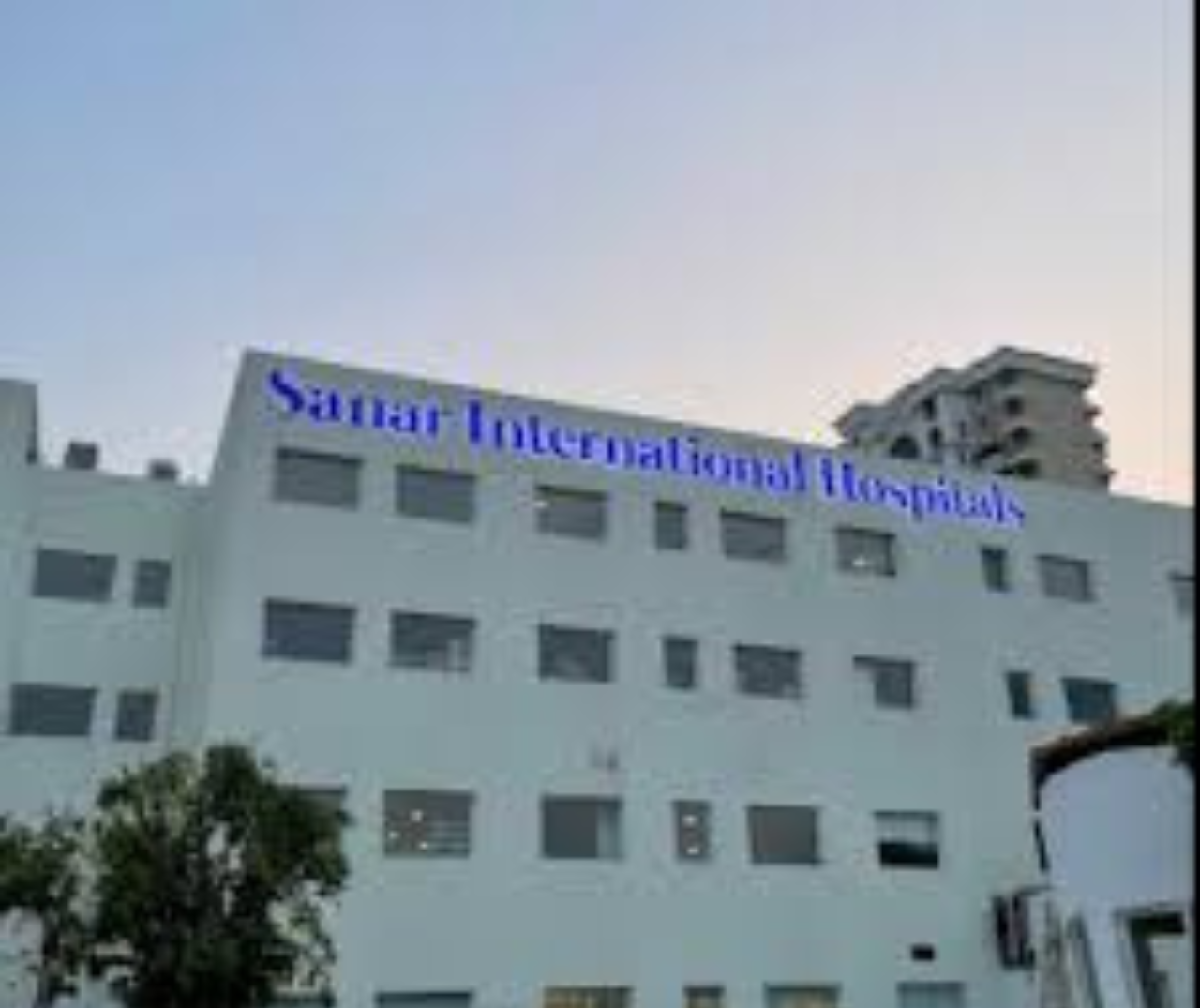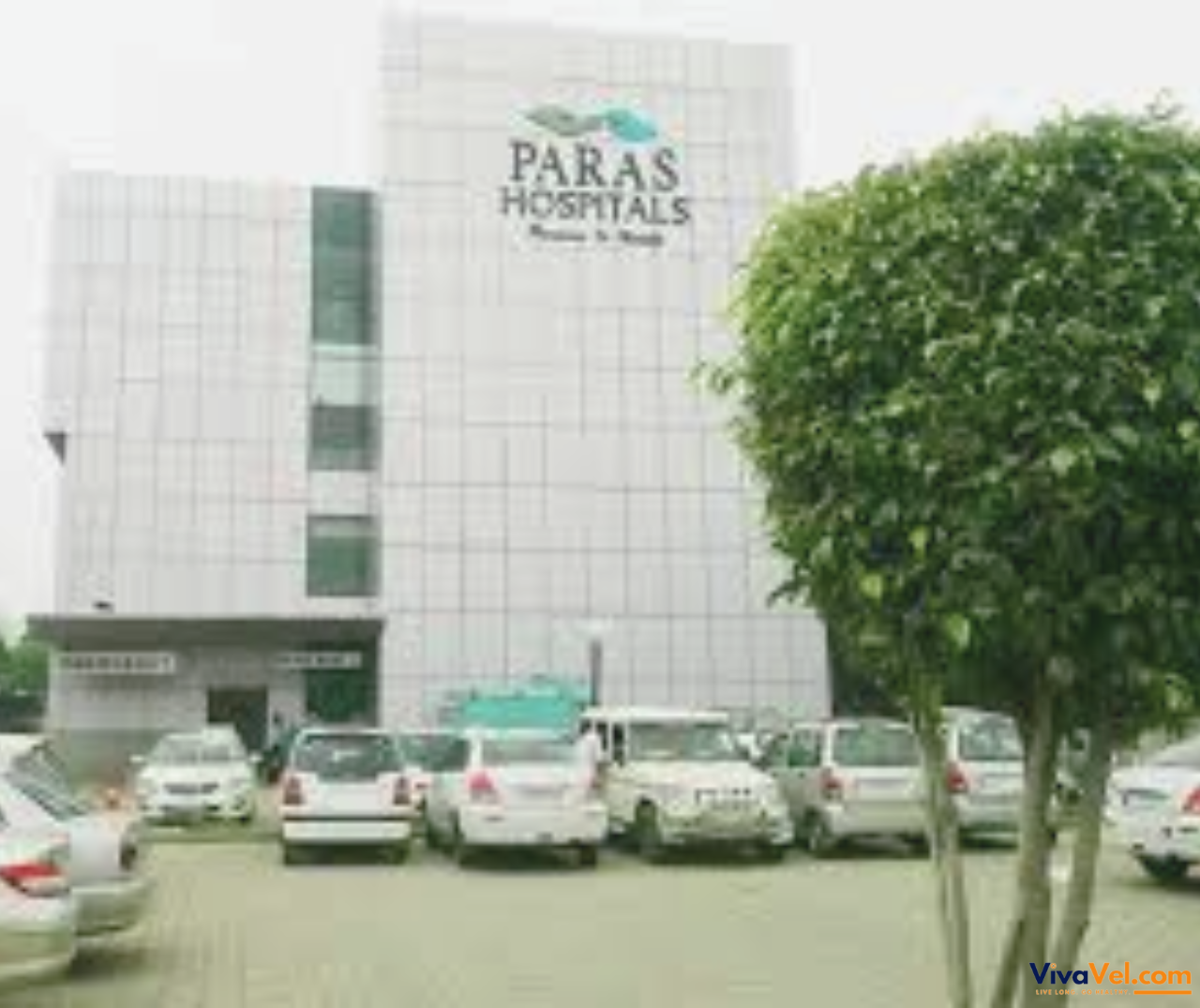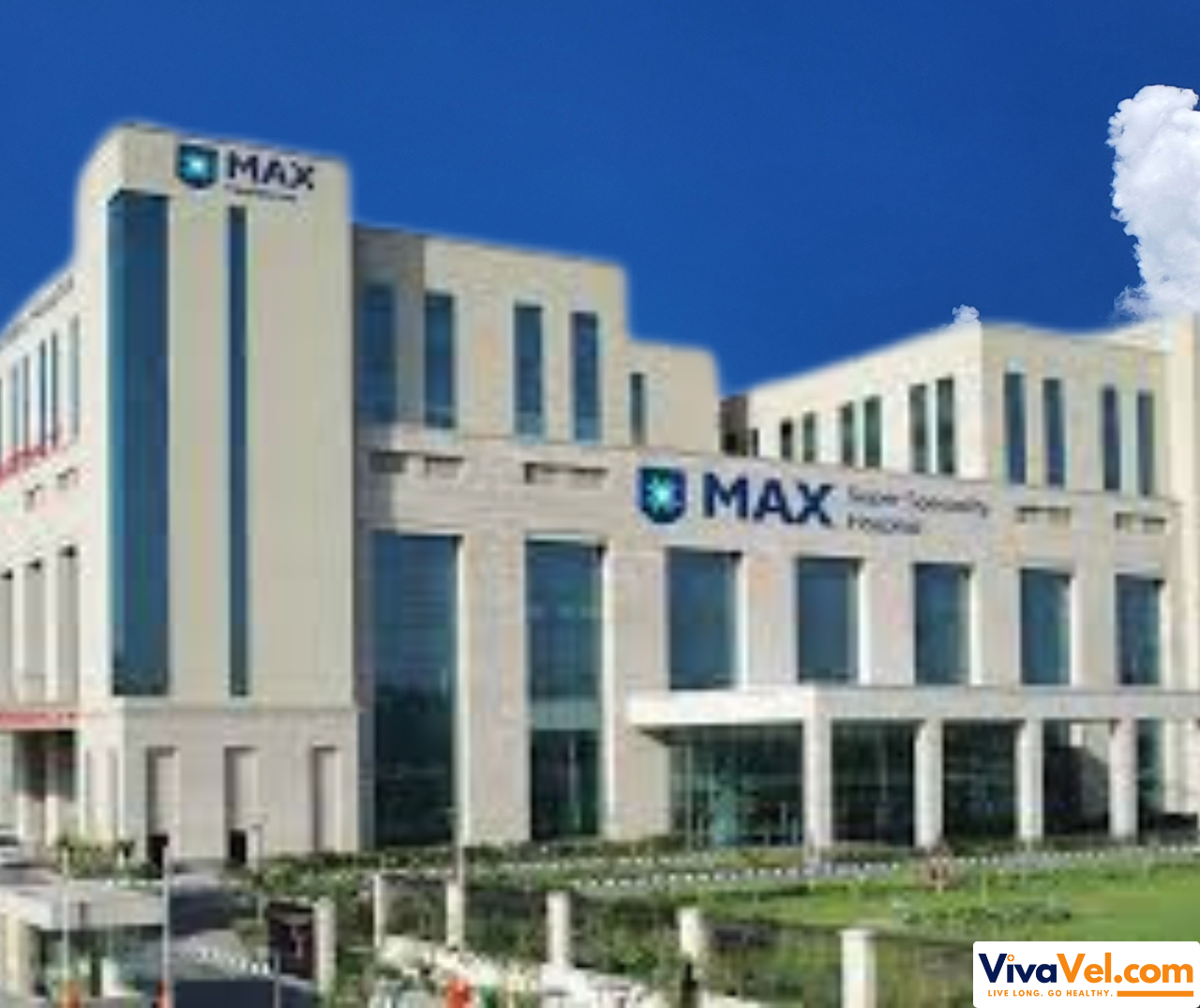info@vivavel.com
+919818262686
+919818262686
 info@vivavel.com
info@vivavel.com +919818262686
+919818262686A laparoscopic kidney transplant is a type of surgery used to place a new kidney from a donor into someone who needs it. Unlike traditional surgery, which requires a large incision, this method utilizes small incisions and specialized tools to accomplish the task. The surgeon makes a few small incisions, usually in the abdomen, and inserts a tiny camera and long, thin instruments through these cuts. The camera helps the surgeon see inside the body on a screen.
The surgeon then removes the damaged kidney (if it's still there) and carefully places the new kidney into the right spot. Because the cuts are minor, the surgery is less invasive, which often means less pain after the operation. Patients usually have a shorter hospital stay and can recover faster than traditional surgery. This method also generally leaves more minor scars and reduces the risk of infection.
Laparoscopic kidney transplants are beneficial because they help patients return to their daily activities more quickly and with less discomfort. Using small instruments and minimal incisions leads to a more comfortable recovery and quicker return to normal life.
 If someone is experiencing kidney failure or severe kidney dysfunction, the following symptoms might indicate the need for a transplant:
If someone is experiencing kidney failure or severe kidney dysfunction, the following symptoms might indicate the need for a transplant:
Note: Not everyone with these symptoms will need a kidney transplant. It's crucial. to consult a healthcare provider for a proper diagnosis.

 A kidney transplant may be necessary due to various causes of kidney failure, including:
A kidney transplant may be necessary due to various causes of kidney failure, including:
 Seek medical attention if:
Seek medical attention if:
 Before a kidney transplant, various diagnostic tests are performed to evaluate the patient's health and compatibility with the donor:
Before a kidney transplant, various diagnostic tests are performed to evaluate the patient's health and compatibility with the donor:
 Do's:
Do's:
 Don'ts:
Don'ts:
NOTE:
Our medical content authors have diligently gathered and synthesized information on this topic to offer valuable insights to our readers. Drawing from a range of reputable medical journals and health resources, this content aims to enhance understanding of the subject. It's important to remember that while this information is informative, it should not replace personalized consultation or treatment from a qualified physician. For further details, please refer to our Editorial Policy.
For this topic, our authors used some of the following resources:





![]() Pusa Road, Radha Soami Satsang, Rajendra Place New Delhi, 110005 India
Pusa Road, Radha Soami Satsang, Rajendra Place New Delhi, 110005 India



![]() Budena Village, Sector 86, Faridabad, Haryana 121002, India
Budena Village, Sector 86, Faridabad, Haryana 121002, India



![]() Golf Course Rd, Parsvnath Exotica, DLF Phase 5, Sector 53, Gurugram, Haryana Gurgaon, 122022 India
Golf Course Rd, Parsvnath Exotica, DLF Phase 5, Sector 53, Gurugram, Haryana Gurgaon, 122022 India



![]() C-1, Sushant Lok- 1, Sector-43, Phase- I, Gurugram, Haryana, 122002
C-1, Sushant Lok- 1, Sector-43, Phase- I, Gurugram, Haryana, 122002



![]() Mussoorie, Diversion Road, Dehradun, Uttarakhand 248001
Mussoorie, Diversion Road, Dehradun, Uttarakhand 248001


Dr. Jitendra Kumar is a famous name in nephrology and is renowned as the top kidney specialist in Faridabad, India. He completed his DM (Nephrology) at the Sanjay Gan...

Dr. Narula has received numerous prestigious awards, including the Air Marshal Ajit Nath Award, Maj Gen Amir Chand Award, Chief of Naval Staff Award, Best Officer Award, and ...

Dr. Sanjeev Gulati is an Executive Director in the Department of Nephrology & Kidney Transplant and previously worked as an Additional Professor in Nephrology at Sanjay G...

Dr. Paresh Jain is the director of urology and has over 16 years of rich experience. He specializes in Laparoscopic Urology, Endourology - URS, PCNL, RIRS, TURP, Lase...

Dr. Akash Gupta is a renowned nephrologist and kidney transplant specialist in New Delhi. He is an Associate Consultant in Nephrology at Escort Fortis and brings over...

Dr. Sonal Dalal is a highly respected nephrologist in Ahmedabad. She is renowned for her extensive experience and expertise in kidney-related ailments. She se...
Treatment Plan & Cost within 2 days
